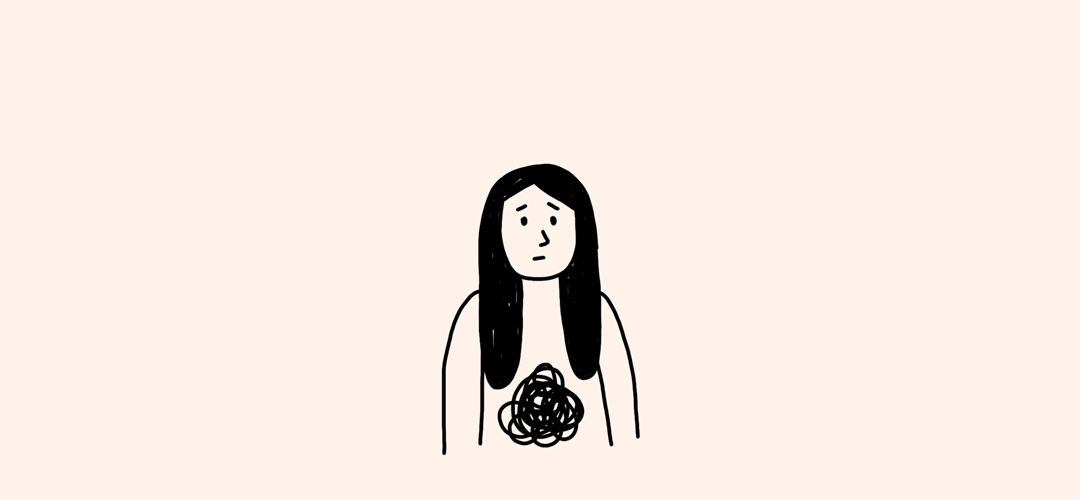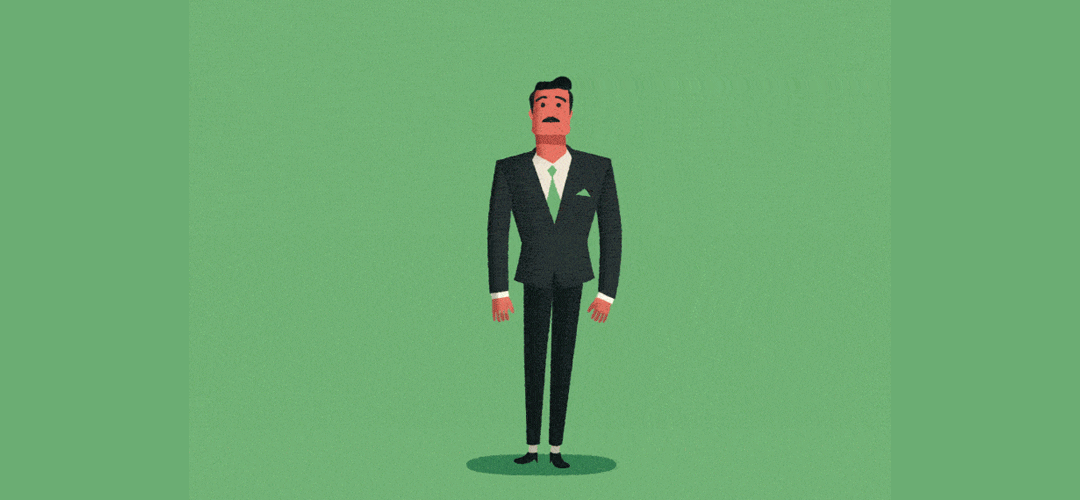
13048 views
by Dr.Meghna varma
Mental Health: Let's end the stigma
Mental health is key to personal and emotional well-being. Often people avoid seeking professional help due to the stigma, prejudice, and discrimination associated with mental health. Stigma creates a fear of getting marginalised in a society.
So what does mental health stigma mean? It is when people have negative beliefs, thoughts & attitudes towards people who have a mental health condition. Did you know that average delay between onset of symptoms & intervention is 8 to 10 years?
The general perception towards mental health issues has improved over the years, thanks to the awareness programs conducted across the globe & celebrities speaking up about how they coped with psychological issues such as anxiety, PTSD & depression. However, despite the efforts of so many individuals & organisations at local, national & international levels, stigma against those struggling with mental illness is still powerful & is way higher than any other disease or disability.
What causes Stigma?
Stereotypes created by MediaMost movies tend to depict individuals with mental illness as being unable to function normally within a society. In reality, only a fraction of people struggling with mental issues nd it hard to function in a society. But since media consistently uses this stereotype, people tend to think that it is the reality
 Lack of understanding
Lack of understanding
Most people fail to understand that mental health issues are real. While the textbooks in school talk about various physical ailments, they fail to educate us about the importance of mental health & how we can cope with mental health issues effectively

How does stigma affect us?
When people stigmatise mental health, they tend to discriminate individuals struggling with psychological issues. Here's how stigma affects us:
People with mental illnesses are not weird or different. They are just like us & are most likely among our family, friends, colleagues or neighbours. Let's make an attempt to understand, accept & respect them, so that they feel more condent in speaking up about their mental health conditions.
 Educate yourself
Educate yourself
Stop allowing movies & media to create denitions of mental health. Challenge them & make an attempt to learn facts about mental illnesses & how they can drive people to even end their life if left untreated.
 Educate Others
Educate Others
Be a mental health advocate among your circles of inuence to protect the rights of those suffering from mental health issues.



